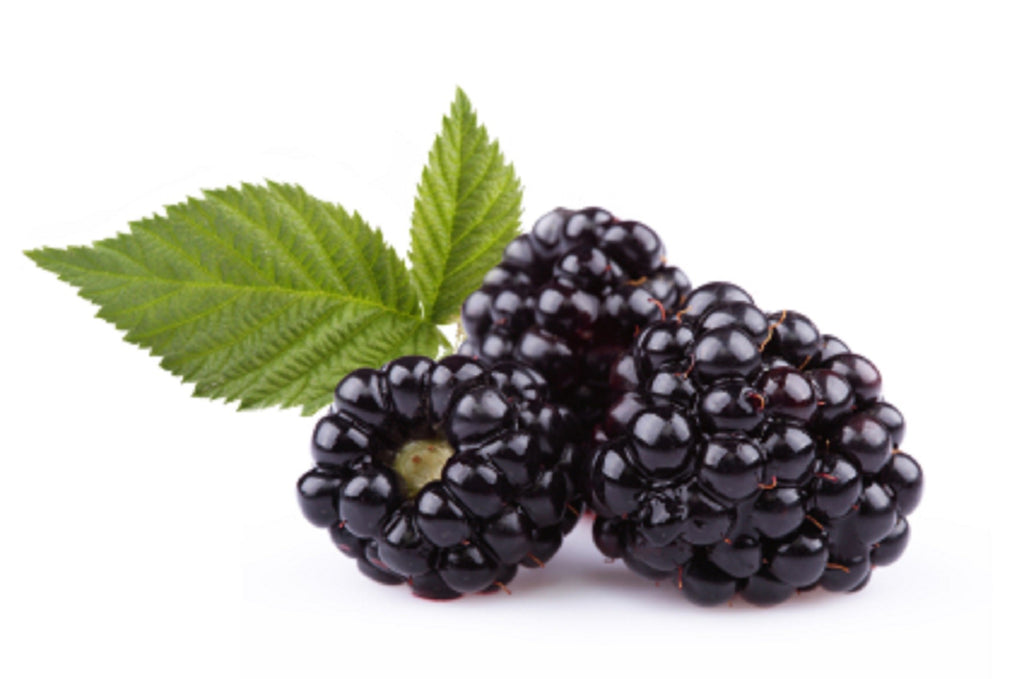Written By Judy Molland / Reviewed By Ray Spotts
If you think pink slime is awful - which it is, of course - and that arsenic in baby food, cereal bars, rice and even chicken is an outrage, here are seven more nasty items lurking in your local supermarket.
Flame-Retardant Sodas
The toxic, flame-retardant chemical brominated vegetable oil or BVO was first used to keep plastics from catching on fire. However, the food industry has been using it in sodas, juices and sports drinks to keep those artificial flavoring chemicals mixed in with the rest of the liquids. Youll find it in drinks such as Mountain Dew, Fanta Orange, Sunkist Pineapple and Powerade.
BVO has been linked to skin lesions, memory loss, and nerve disorders.
Petroleum-Laced Candy
Youve probably wondered if that candy with those wacky bright colors is good for you. Its not. Many of the artificial food dyes found in everyday foods, including candy, are made from petroleum-derived materials. Kids love those fun colors in their cereal and candy, but food dyes are also used in hundreds of supermarket foods.
They are harmful: orange and purple food dyes have been shown to impair brain function, while other dyes have been linked to ADHD and behavioral problems in kids. Of course, companies dont care because its cheaper for them to use those fake dyes than it is to use real ingredients.
Moldy Berries
Heres a sobering fact: the FDA legally allows up to 60 percent of canned or frozen blackberries and raspberries to contain mold; 15 percent mold is the limit for canned fruit and vegetable juices.
Its true that its perfectly fine to eat some food when it starts to grow mold, but you should toss soft fruits and vegetables, since they may have mold growing below the surface. Also, because mold spreads quickly in fruits and vegetables, check nearby foods in your produce drawer.
Salade Verte With Paint Chemicals
Perhaps you didnt know that your salad dressing may well contain titanium dioxide, which is a component of titanium, a mined substance that is sometimes contaminated with toxic lead.
This chemical is widely used in paints and sunscreens, but Big Food also adds it to lots of things we eat, including processed salad dressing. They do this to make dingy, overly processed items, like your salad dressing, appear brighter and whiter.
Hormone-Heavy Milk
Ah, the wonders of modern technology: todays cows produce double the amount of milk they did just 40 years ago, and thats mostly because of a genetically engineered, synthetic hormone called recombinant bovine somatotropin, or rBST, that helps them along.
This synthetic hormone is banned in many other countries because it has been linked to prostate, breast and colon cancers. However, it is still legal here, although many dairies are being pressured to abandon it.
Meat Laced With Flesh-Eating Bacteria
Beware of the supermarket meat department! Grocery store meats are commonly infused with nasty extras, including staph bacteria, and especially the hard-to-kill, potentially lethal MRSA strain. A study published last year in the journal Clinical Infectious Diseases found that half of grocery store meat tested positive for staph bacteria.
MRSA kills about 19,000 people a year in America.
Toxic Shrimp
Imported shrimp is on the Monterey Bays Seafood Watch List as avoid at all costs. Less than two percent of all imported seafood is inspected, which is a huge problem. As a result, imported shrimp often contains antibiotics, cleaning chemicals used in farmed shrimp pens, residues of toxic pesticides banned in the U.S., and pieces of insects.
Domestic shrimp would be the answer, except that 70 percent of domestic shrimp comes from the Gulf of Mexico, and the recent oil spill has made us all wary of eating that. Instead, try buying shrimp from Texas, the East Coast, Maine and the Carolinas.
The obvious solution to all these nasty items: avoid processed food, and stick to organic produce as much as possible. Not to mention, if you are buying processed food, always check the ingredients.
Subscribe to our Trusted Health Club newsletter for more information about natural living tips, natural health, oral care, skincare, body care and foot care. If you are looking for more health resources check out the Trusted Health Resources list.
Written By:
Judy Molland a blogger with Care2.com - is also the author ofGet Out! 150 Easy Ways for Kids and Grown-Ups to Get Into Nature and Build a Greener Future, and winner of the Mom's Choice Award and Benjamin Franklin Award.
Reviewed By:
Founder Ray Spotts has a passion for all things natural and has made a life study of nature as it relates to health and well-being. Ray became a forerunner bringing products to market that are extraordinarily effective and free from potentially harmful chemicals and additives. For this reason Ray formed Trusted Health Products, a company you can trust for clean, effective, and healthy products. Ray is an organic gardener, likes fishing, hiking, and teaching and mentoring people to start new businesses. You can get his book for free, “How To Succeed In Business Based On God’s Word,” at www.rayspotts.com.




